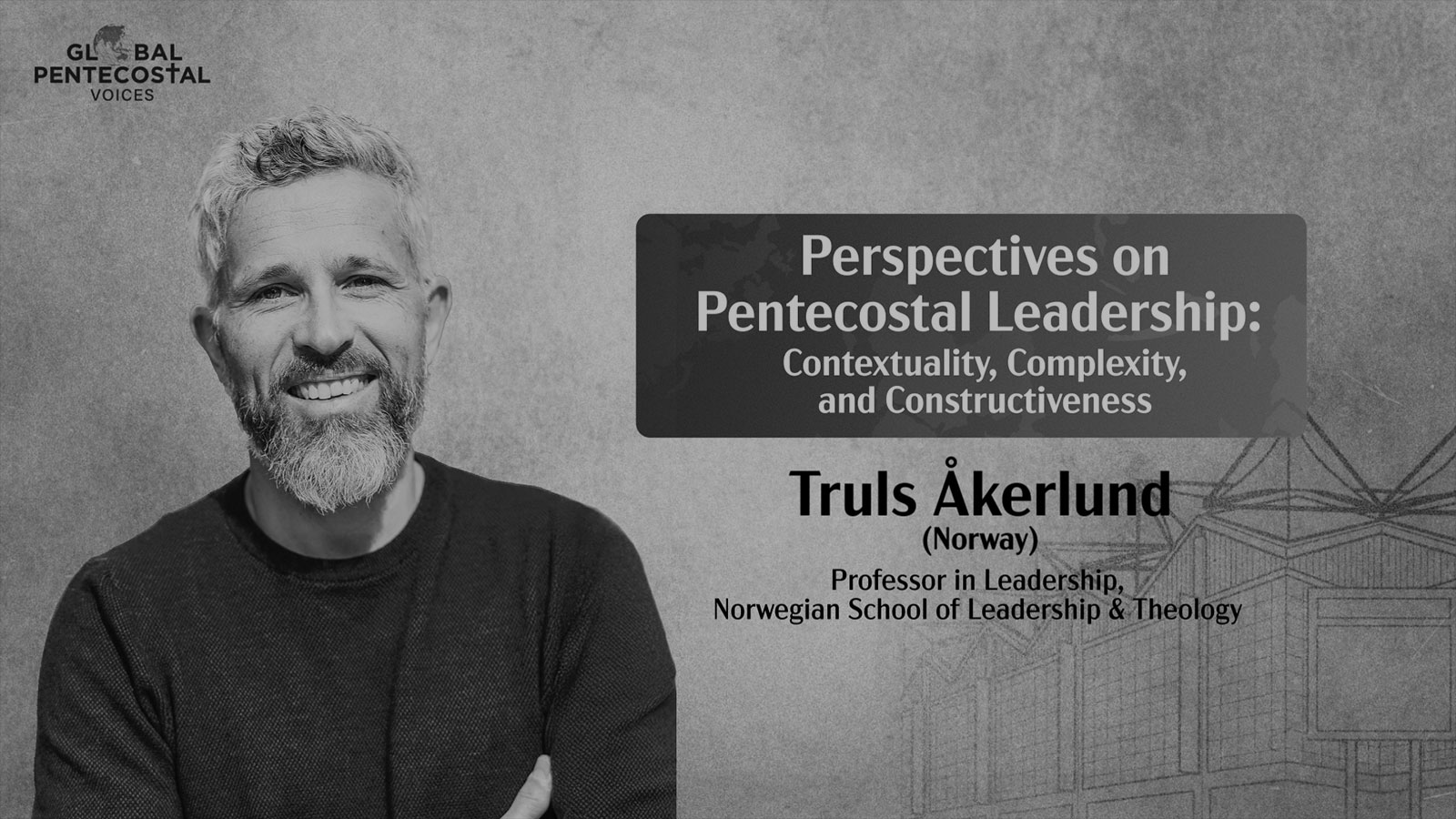Amos Yong holds a PhD from Boston University. He is a professor of theology and mission at Fuller Theological Seminary, where he also serves as the director of the Center for Missiological Research in the School of Intercultural Studies. Since joining Fuller in 2014, he has held several leadership roles, including dean of both the School of Intercultural Studies and the School of Theology, and was appointed chief academic officer in 2020. Prior to Fuller, he served as dean and J. Rodman Williams Professor of Theology at Regent University’s School of Divinity.
Dr Amos is the author or editor of over 50 books and more than 225 scholarly articles. His research focuses on Pentecostal theology, Christian-Buddhist dialogue, the theology of disability, and the mission of God. His work has also addressed themes such as science and faith, theologies of hospitality, political theology, and the theology of religions. Notable works include Renewing the Church by the Spirit: Theological Education after Pentecost (2020) and Can “White” People Be Saved?: Triangulating Race, Theology, and Mission (2018). Recent titles include Uncovering the Pearl: The Hidden Story of Christianity in Asia (Cascade Books, 2023) and Trauma and Renewal: Toward a Spiritual Communal and Holistic Transformation (Orbis Books, 2025), a collaborative work with his wife Alma and son Aizaiah, who serves as the primary author.
Prior to Fuller, Dr Amos taught at Regent University and Bethel University and has served in pastoral ministry. He remains actively engaged in both academic and church contexts, shaping the landscape of Pentecostal theological education and application.

Leadership is a complex phenomenon that cannot be easily defined as a single concept. Still, it is often understood as a set of social processes that influence people towards common goals—an approach that I will follow in this study. Drawing from general leadership theory and research on Pentecostal leadership, I will emphasise the interaction between leaders, followers, and the spiritual dimension, leading to a constructivist perspective on leader-follower relationships. The article will first address leadership in various settings, emphasising the need to contextualise leadership in different cultures, but also keeping an analytical distance to avoid dominating discourses that break with Christian perspectives. Second, I will discuss the complexity in Pentecostal leadership, especially the collaboration between divine and human interventions, the dialectic connection between agency and structure, and the ambivalence and tension between leaders and followers in ecclesial settings. Finally, I will highlight the constructive relations between leaders and followers. While leaders hold a formal position, leadership is also a social phenomenon effective only if it makes sense to church members, implying that the leader’s task is not to create everything from scratch but to build relationships and draw from the resources and spirituality present within the congregation.
© 2025 City Harvest Church. All Rights Reserved.